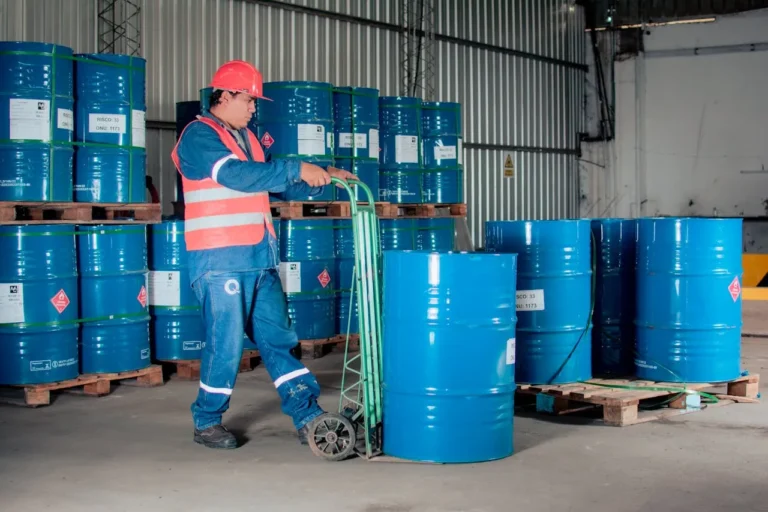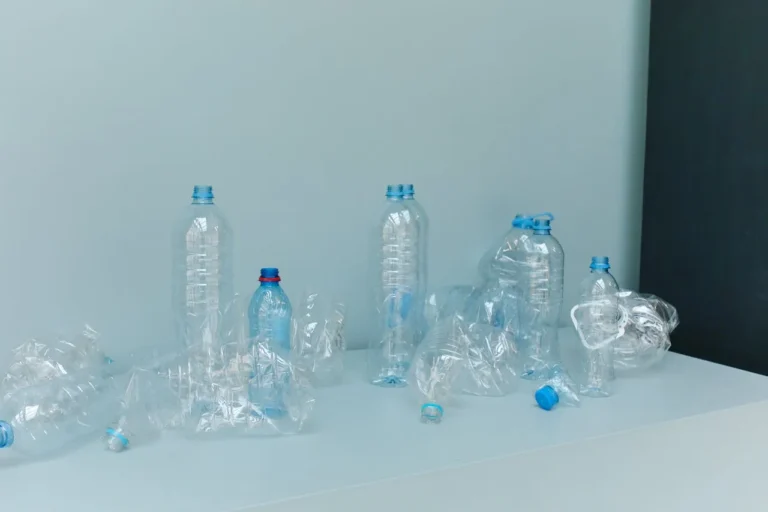
Bindwell Raises $6M to Revolutionize Pesticide Discovery with AI
Bindwell, an agriculture-tech startup using artificial intelligence to accelerate pesticide discovery, today announced a $6 million seed funding round co-led by General Catalyst and A Capital, with participation from SV Angel and Y Combinator founder Paul Graham. The company previously raised a pre-seed round from Character Capital before joining Y Combinator’s Winter 2025 batch.
Bindwell leverages AI models that are four times faster than DeepMind’s AlphaFold and capable of analyzing billions of molecules. Its mission is to address a longstanding challenge in agriculture: despite decades of research and increasing pesticide use, global crop losses remain stubbornly consistent. Over the past 30 years, pesticide usage per acre has doubled, yet farmers still lose 20-40% of crops to pests.
As pests evolve resistance, farmers apply even more chemicals, harming the environment and exacerbating the resistance problem. Meanwhile, innovation in agrochemicals has slowed, with fewer than 20 new active ingredients approved in the past decade—down from 40 in the prior decade.
Bindwell is the first company to apply proven drug discovery AI techniques to pesticide development. Its models can predict effective compounds in seconds, a process that traditionally requires days of lab work. This has the potential to transform the economics of pesticide development, which has seen R&D costs rise tenfold—from $30 million to $300 million per new pesticide over the last three decades.
The new funding will accelerate the development of Bindwell’s first proprietary pesticide, expand its team of AI researchers and biochemists, and scale laboratory capabilities at its San Carlos, California facility, where AI-predicted compounds undergo biological validation.
“AI is revolutionizing drug discovery. Pesticide discovery is overdue for the same transformation,” said co-founder Tyler Rose, 18, who left high school early to launch Bindwell with Navvye Anand, 19, who left Caltech in her freshman year to focus on the company. “The agrochemical industry has stagnated. Our mission is to create safer, more targeted pesticides that kill pests and nothing else.”
Paul Graham, who invested after meeting the founders, expressed confidence in the team. “The founders [of Bindwell] will probably do alright,” he noted on X. “They’re smart and have a good idea.”
Rose and Anand’s commitment to smarter pesticide discovery stems from early experiences in major agricultural regions. Rose grew up near China’s agricultural belt, while Anand witnessed the effects of overuse in India. “Growing up in India, I saw how pesticide overuse damaged the environment without addressing the root problem,” Anand said. “Crop losses have not decreased despite heavier pesticide use. We created Bindwell to modernize pesticide development, benefiting farmers worldwide and the planet.”
Bindwell has developed a proprietary AI suite that overcomes one of machine learning’s major hurdles in biology: the “black box” problem, where predictions cannot always be trusted. Incorrect predictions can lead to millions wasted in downstream R&D. The company’s platform includes:
- Foldwell, an AlphaFold alternative that is four times faster.
- PLAPT, which can screen every known synthesized compound in six hours.
- APPT, a protein-protein interaction model outperforming existing solutions by 1.7x.
- Accurate uncertainty quantification, allowing researchers to know when to trust results and when additional data is needed.
This combination of speed and scientific rigor attracted investors. “Bindwell’s use of AI to modernize pesticide discovery reflects our belief that technology can drive meaningful change across foundational industries like agriculture, improving productivity while reducing environmental harm,” said Neeraj Arora, Managing Director at General Catalyst. “Tyler and Navvye combine scientific rigor with a deep, authentic understanding of the agricultural challenges they’re tackling.”
Unlike typical software startups, Bindwell develops and licenses complete pesticide molecules rather than selling AI models or software. This allows the company to maintain full control over its proprietary technology while generating revenue through intellectual property licensing deals with major agrochemical companies. The startup is currently in talks with top global players and expects to close its first licensing deal soon.
Bindwell began as a research project in December 2023, when Rose and Anand—who met at the Wolfram Summer Research Program—started working on binding affinity prediction models. Their work was later cited in a Nature Scientific Reports paper on cancer drug discovery, validating the broader applicability of their approach.
With its AI-driven approach, Bindwell hopes to change the face of pesticide discovery, making it faster, more cost-effective, and environmentally responsible. In a world where farmers face rising pest resistance and environmental concerns, Bindwell’s work represents a major step forward, promising a future where safer, more effective pesticides help reduce crop losses without further damaging ecosystems.
Source Link : https://www.businesswire.com/







